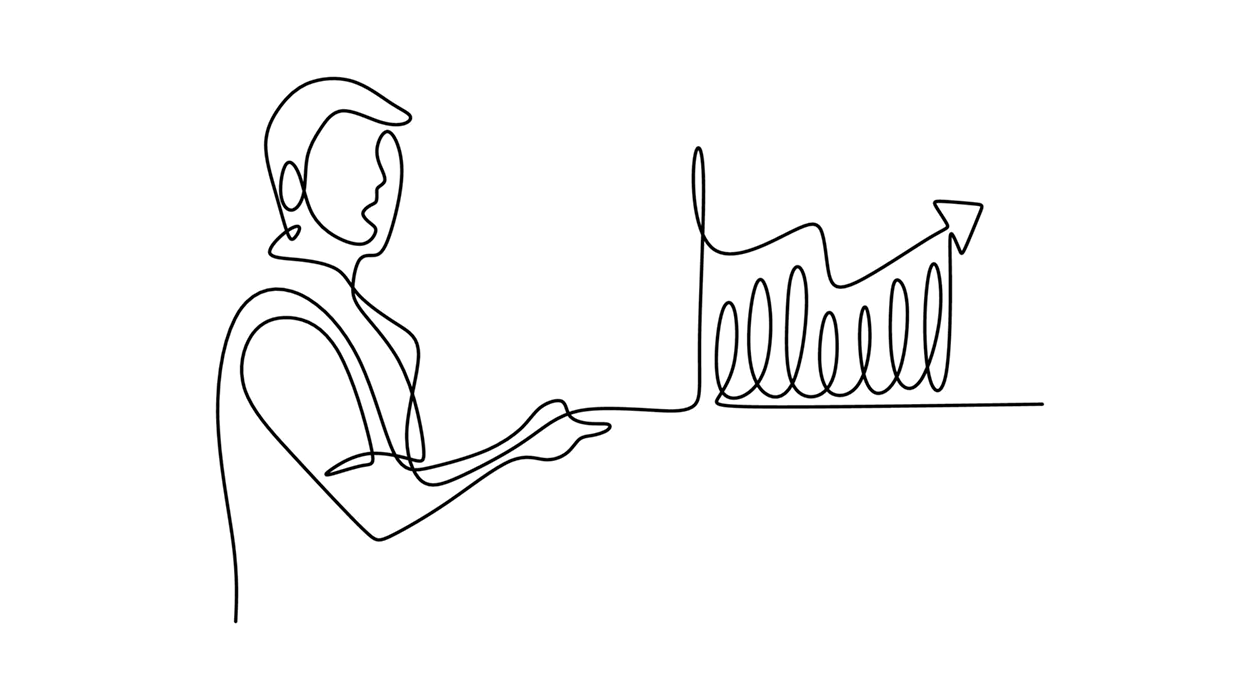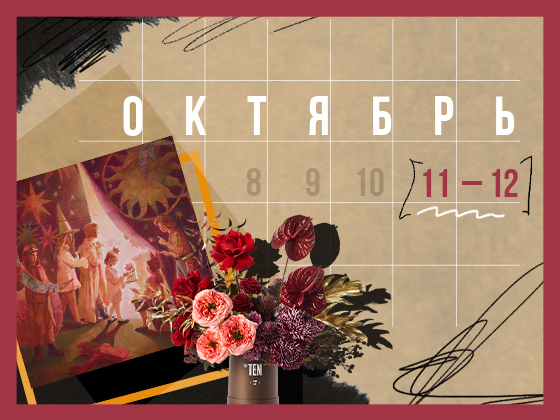Two months ago, Russia became the world leader in the number of sanctions imposed on the country, after which the total number reached 5,532, and a month and a half later, at the end of April, it approached ten thousand. According to this indicator, we have surpassed Iran (3,616 sanctions restrictions) and Syria (2,608), and the experience of this and other countries shows that development is possible even under the yoke of international isolation. Once Iran or China proved this by their own example, and now Russia has such a chance. How do other countries live under sanctions and is real development possible under restrictions?
One of the situations closest to modern Russia is seen in Iran, which has been living under unilateral US sanctions since 1979 after the Islamic Revolution. And after the onset of the crisis around Iran’s nuclear program in 2006, the UN joined in the crackdown. The sanctions affected key aspects of Iran’s economy: oil exports, access to international finance, and modern technologies. As a result, the first decreased almost two and a half times, the national currency fell by 80%, and the country’s national economy entered a period of recession. The weakening of the pressure on Iran came only after the change of power in 2015 and the signing of an agreement on the Iranian nuclear program, that is, the full implementation of the requirements of the international community. For many years, under the sanctions in Iran, the so-called resistance economy was established – national measures to develop domestic production and non-oil trade with neighboring countries.
“Under sanctions in any country, some sectors get depressed, some start to develop heavily if there are internal resources that can be mobilized. For example, the aviation industry in Iran is in decline due to the inability to repair and manufacture airplanes without the availability of imported parts. But at the same time, the average salary in Iran is almost twice as high as in Russia, in connection with this, the purchasing power is increasing, which is satisfied with goods from China, whose imports are not subject to sanctions. In general, it is possible to live under sanctions, but it is difficult to call at least one country developed and prosperous. We can say that it is an opportunity to allow the economy to function, but not to develop, but to close the gap with local or Chinese manufacturers,” explains political scientist Svetlana Orlova.
More extensive sanctions affected Yugoslavia and Iraq, one under international pressure from 1992 to 1995 and the other from 1990 to 2003. True, in both cases the goals were different: in the case of Iraq, if the Western states aimed (and fulfilled this goal) the impossibility of restoring the Iraqi military machine, then they tried to hit the Balkan republic primarily economically. As a result, the country was gripped by hyperinflation (in simple terms, an extraordinarily rapid rise in prices led to a sharp depreciation of the currency and an economic crisis), while GDP fell almost threefold.
GDP stands for “gross domestic product” and refers to the total amount of goods and services produced in a country over a given period of time. If GDP grows, the country develops.
The then presidents of both countries, Saddam Hussein and Slobodan Milosevic, remained in power and chose a policy of keeping the population’s livelihood to a minimum while maintaining the regime. They were unwilling to make concessions to the West, but both were eventually forcibly overthrown: Saddam Hussein lost power as a result of the US invasion, and Slobodan Milosevic resigned after the popular uprising. Meanwhile, in Iraq during the sanctions era, the Oil for Food program was developed, which helped the country avoid a humanitarian catastrophe.

“Severe sanctions affecting ordinary citizens are causing an increase in public discontent, which forces the authorities to tighten the political regime in the country: restricting media freedom, toughening the responsibility for anti-government calls and actions. There is an increase in propaganda, there is a restriction of certain actions, such as the circulation of money, the export of certain groups of products and goods, and the crossing of the border by citizens in general, ”says Svetlana Orlova.

History knows another example, thanks to Spain, which was subject to sanctions in the post-WWII period. At that time, Generalissimo Francisco Franco was at the head of the country, which, on the one hand, was considered an ally of Hitler and Mussolini, but on the other, did not openly support them. However, as early as 1946, under the influence of the USSR and leftist circles in the West, France closed its border with Spain, and then the UN General Assembly adopted a resolution calling on all its members to recall diplomatic representatives from Madrid. Spain was excluded from the Marshall Plan (aid to Europe) and not included in the organizations created to rebuild Europe after the war. This had unpleasant consequences for the country: the economy stagnated, years of famine came, workers’ wages fell by 50% from pre-war levels. However, Spain’s situation with regard to sanctions was exceptional – the world was on the verge of a cold war, and the country was needed by the United States and its allies because of its geopolitical importance. Therefore, Francisco Franco refused to openly confront the front of the capitalist and communist forces, deciding to wait for the period of international repression. As a result, already in 1948 the border with France was reopened, in 1953 Spain signed an agreement with the USA on military and economic cooperation, and in 1955 it returned to the UN.
How does all this relate to Russia? Political scientist Svetlana Orlova explains: “Methods of sanctions have now been tested on various states for years to be used as a lever of pressure on Russia. The massive amount of sanctions was designed to force the Kremlin to decide to stop the special operation immediately. It is also worth noting the popularity of the “cancellation” method, when famous people are deprived of roles, advertising conventions – this is the reaction of society to unethical actions. A similar trend is observed in the reaction of the world community to the special operations of the Russian army and the need of foreign authorities to respond to the demand of the electorate.
According to him, the sanctions against Russia are larger, faster and wider, both in terms of the direction of action and initiators. At the same time, if the conflict with Ukraine is neutralized, it will be possible to expect the lifting of these sanctions, which primarily affect not only the public sector and citizens of Russia, but also the economies of Europe and America: now there are obvious problems with trying to abandon Russian oil and gas. Some brands leaving the Russian market are selling their business in the country. It won’t be easy for them to come back. Those who formally support the sanctions but continue to actually operate, who can re-register the business to Russian legal entities, will be able to quickly regain their presence in Russia.”
Source: People Talk





